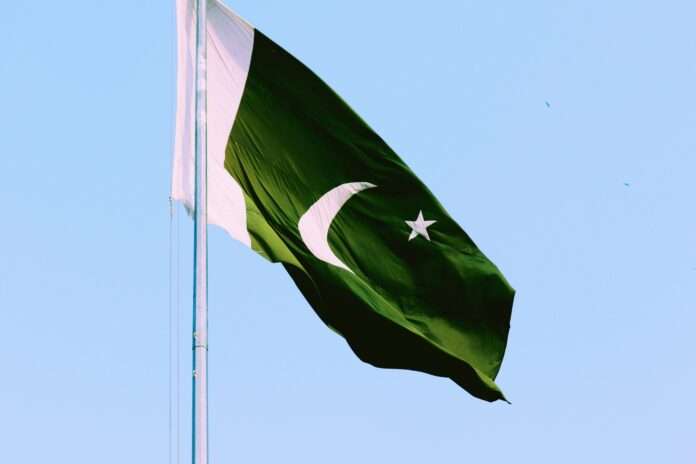In the aftermath of Pakistan’s most recent electoral exercise, the nation stands at a crossroads, entangled in a web of political intricacies and uncertainties that underscore the complexities of democratic transitions in a deeply fragmented society. The general elections, characterised by a slow count, allegations of rigging, and a surprising twist in the form of independent candidates affiliated with the imprisoned former Prime Minister Imran Khan’s Pakistan Tehreek-e-Insaf (PTI) party securing the most seats, have laid bare the multifaceted challenges of forming a government in a landscape marked by ideological divides and historical rivalries.
The Coalition Puzzle
The electoral outcome, with no single party achieving the magic number of 169 seats necessary for a majority in the National Assembly, necessitates the formation of a coalition government. This scenario is not unfamiliar in Pakistani politics, yet each instance brings its unique set of challenges and negotiations, often as complex and contentious as the elections themselves. The leading parties—PTI affiliates, the Pakistan Muslim League Nawaz (PML-N), and the Pakistan People’s Party (PPP)—now face the daunting task of bridging deep ideological gaps and past animosities to form a viable government.
The Shadows of Influence
Further complicating the coalition equation are the omnipresent shadows of the military and judiciary, institutions that have historically wielded significant influence over Pakistan’s political sphere. The recent elections have been no exception, with controversies surrounding vote rigging and legal challenges muddying the waters. The role these institutions play in the post-election landscape will be pivotal, potentially shaping the nature and stability of the next government.
A Nation Divided
The electoral process has also illuminated the stark polarization within Pakistani society, with PTI’s substantial support base showcasing resilience and defiance, despite Khan’s incarceration and the party’s constrained campaign. This societal divide presents a formidable challenge for any coalition government, necessitating a careful balancing act to maintain public support and ensure governance effectiveness.
Economic and External Pressures
Amidst the political tumult lies the looming specter of economic instability. With Pakistan grappling with significant financial challenges and the need for continued engagement with international financial institutions like the IMF, the next government’s economic policy direction will be under intense scrutiny. The inherent unpredictability and potential policy paralysis within coalition governments could hamper decisive economic decision-making, further exacerbating the country’s fiscal woes.
The Security Quandary
The specter of violence that marred the election period, culminating in deadly attacks, underscores the persistent security threats facing Pakistan. The next government will inherit the daunting task of addressing these challenges while preventing further violence that could destabilize the country’s fragile political environment.
The Legal Labyrinth
The multitude of legal challenges and disputes over the election results introduces an additional layer of complexity. The legitimacy and acceptance of the next government may hinge on the resolution of these disputes, emphasizing the need for transparent and fair judicial processes.
The Possibility of Political Re-runs
The intricate dance of coalition politics, coupled with the potential for internal discord and external pressures, raises the specter of new elections should a stable government prove elusive. Such a scenario would prolong the uncertainty and could have deleterious effects on Pakistan’s economic and security landscape.
Charting the Path Forward
As Pakistan navigates this labyrinthine post-election landscape, the formation of a government that can bridge divides, ensure stability, and address pressing challenges is paramount. The journey ahead will require not just political acumen and strategic alliances but a renewed commitment to the principles of democracy and governance. The world watches as Pakistan embarks on this critical phase of its democratic journey, hoping for a resolution that brings stability and prosperity to its people.
In the end, the saga of Pakistan’s elections and the ensuing efforts to form a government encapsulate the enduring struggles and resilience of a nation striving to balance the scales of power, governance, and democratic integrity. The path ahead, fraught with challenges, also offers a beacon of hope for a future where democracy flourishes amidst diversity and adversity.
